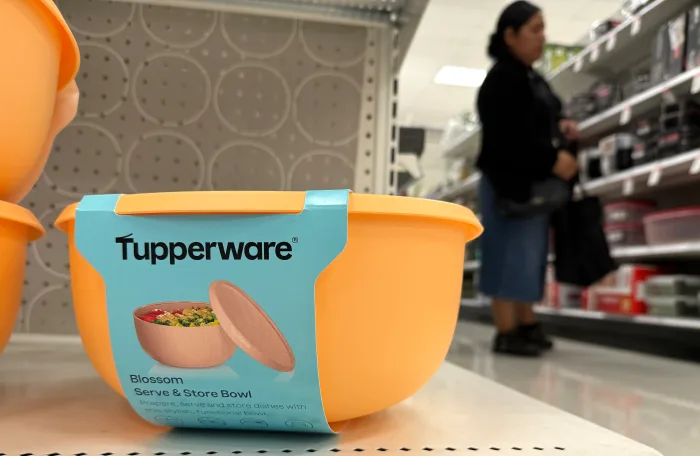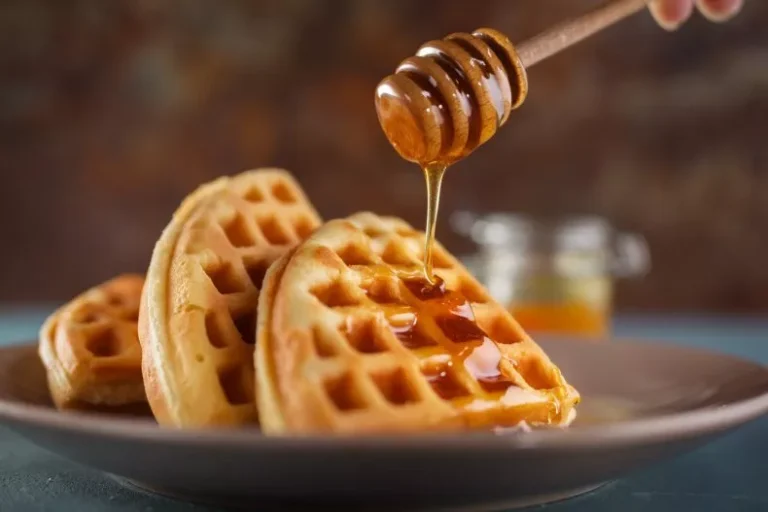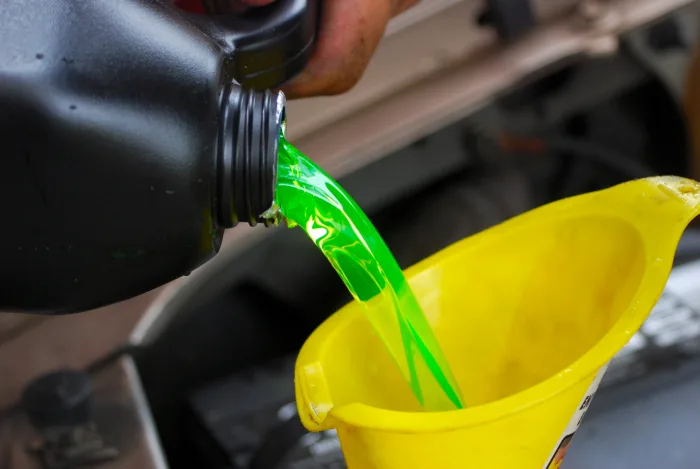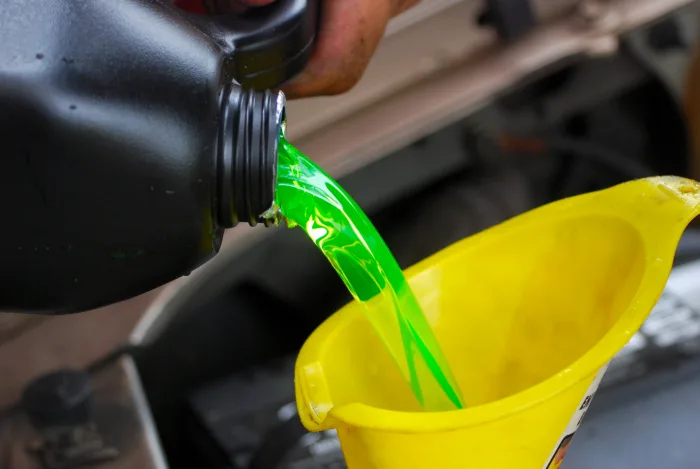Tupperware sounds the alarm on a trend that led to bankruptcy
Tupperware Brands (TUP) has made a surprising move by filing for Chapter 11 bankruptcy to reorganize its debts and prevent an ad hoc group of its lenders from taking over the business through foreclosure. This decision marks a pivotal moment for the company as it seeks to address significant financial challenges.
Struggles Amid Economic and Industry Changes
In a recent press release, Tupperware CEO Laurie Ann Goldman commented on the company’s financial position, stating, “Over the last several years, the company’s financial position has been severely impacted by the challenging macroeconomic environment. As a result, we explored numerous strategic options and determined this is the best path forward.” The bankruptcy filing, submitted on September 17, revealed that declining sales over the years, coupled with shifting consumer shopping habits, led to this difficult decision.
Impact of Anti-Plastic Sentiment on Tupperware’s Sales
A major factor that contributed to Tupperware’s declining sales is the growing anti-plastic movement, which has prompted consumers to steer away from plastic food containers due to concerns over microplastics and chemicals. The company acknowledged these challenges in the filing, stating, “The company was founded around a solution to reduce food waste and has a longstanding commitment to sustainability, but recent years have been marked by a general resurgence in hesitancy regarding plastics (especially plastics containing BPAs). These developments have presented headwinds for the company, which has had to closely monitor customer sentiment, combat misconceptions about its products, and, at times, reconfigure its product offerings.”
Tupperware’s Efforts to Address Plastic Safety Concerns
Tupperware, which was invented in 1946, is known for using plastics like polyethylene and polypropylene in its products—materials that are considered safe and have been approved by the U.S. Food and Drug Administration (FDA) for food storage. However, research has shown that these plastics can leach unknown chemicals into food and beverages when exposed to high temperatures, potentially leading to health issues like infertility and certain cancers.
Polycarbonate, another plastic commonly used in food containers, can release BPA, a chemical linked to reproductive problems. Responding to these concerns, Tupperware stopped selling polycarbonate products in the U.S. and Canada in March 2010, replacing them with BPA-free materials.
Shifting Consumer Preferences and the Rise of Alternatives
As concerns over plastic food containers continue to rise, more consumers are turning to nonplastic alternatives such as glass, stainless steel, and bamboo for food storage. A recent report from Research and Markets highlighted this shift, noting the increasing demand for these safer options. Social media has also amplified the trend, with consumers warning about the dangers of plastic containers and promoting the use of glass as a safer alternative.
Tupperware’s sales have felt the impact of this shift. In its most recent earnings report from March 2023, the company disclosed that its net sales for the fourth quarter of 2022 dropped by 20% compared to the same period in 2021.
Tupperware’s Path Forward
Following the bankruptcy filing, Tupperware is now focusing on rebuilding its brand and transforming into a digital-first, technology-driven company. The company announced that it is seeking court approval to explore the possibility of selling the business, aiming to protect its iconic brand and position itself for future growth in a rapidly changing market.
Also read: Troubled motor oil company files for Chapter 11 bankruptcy






